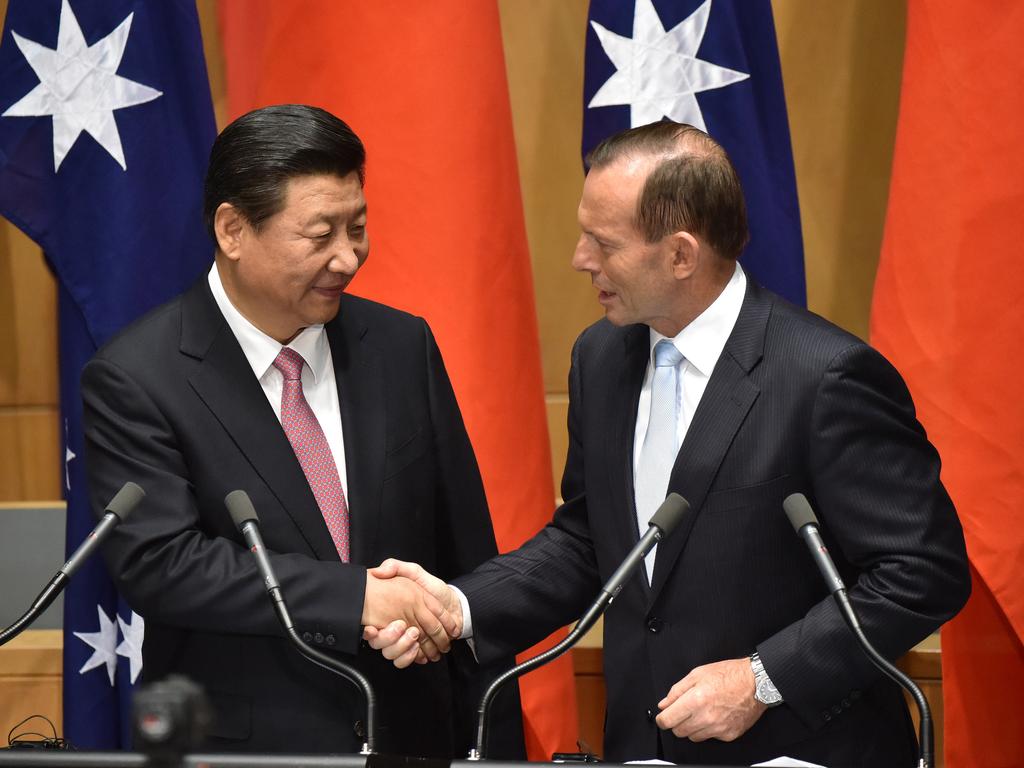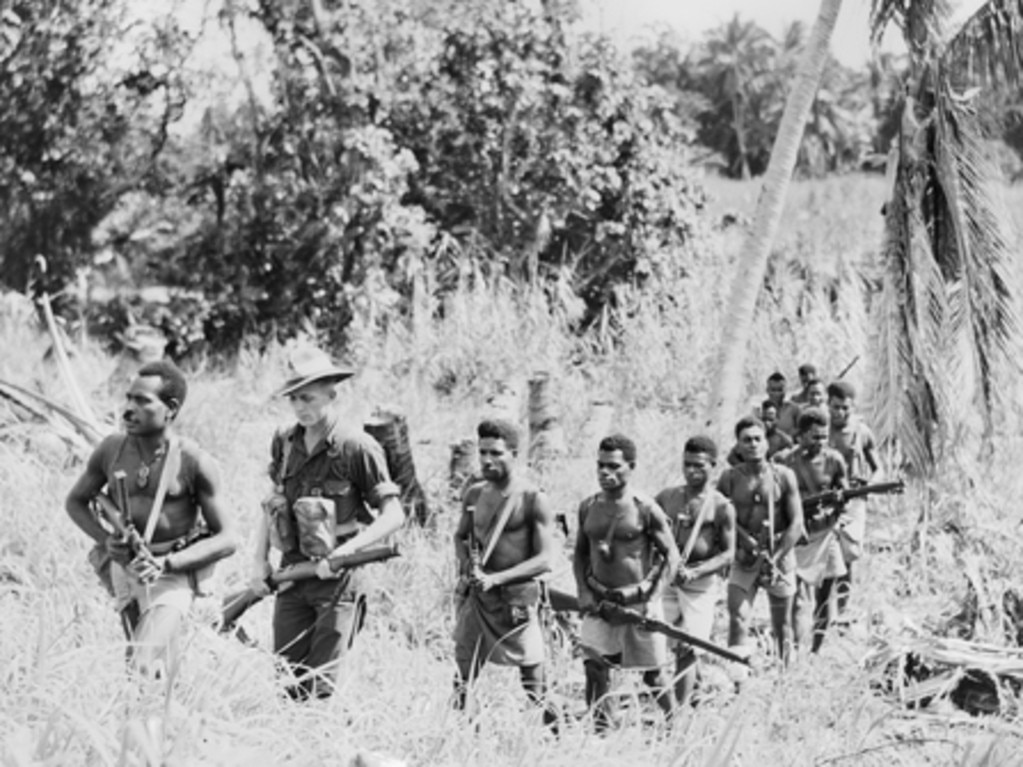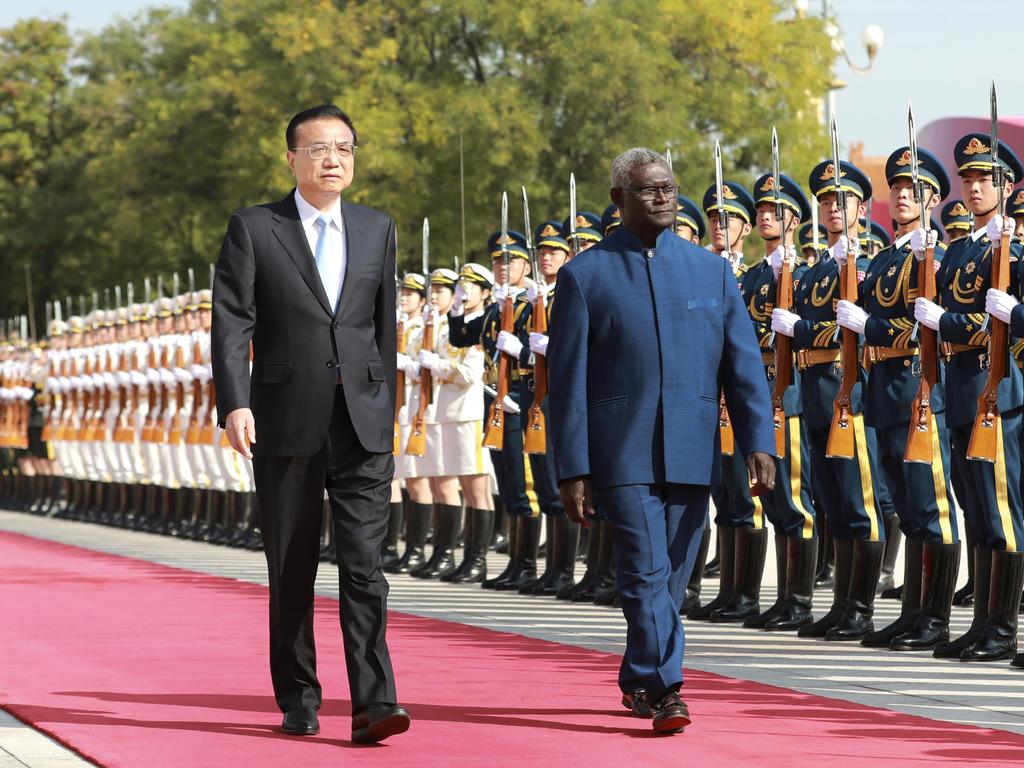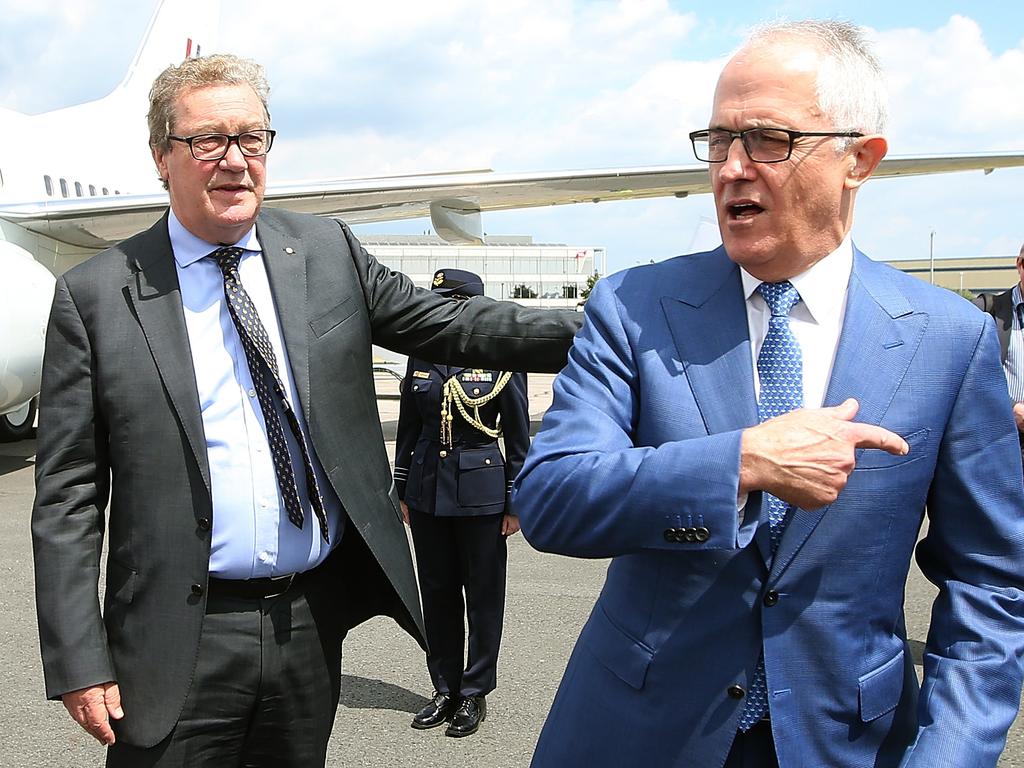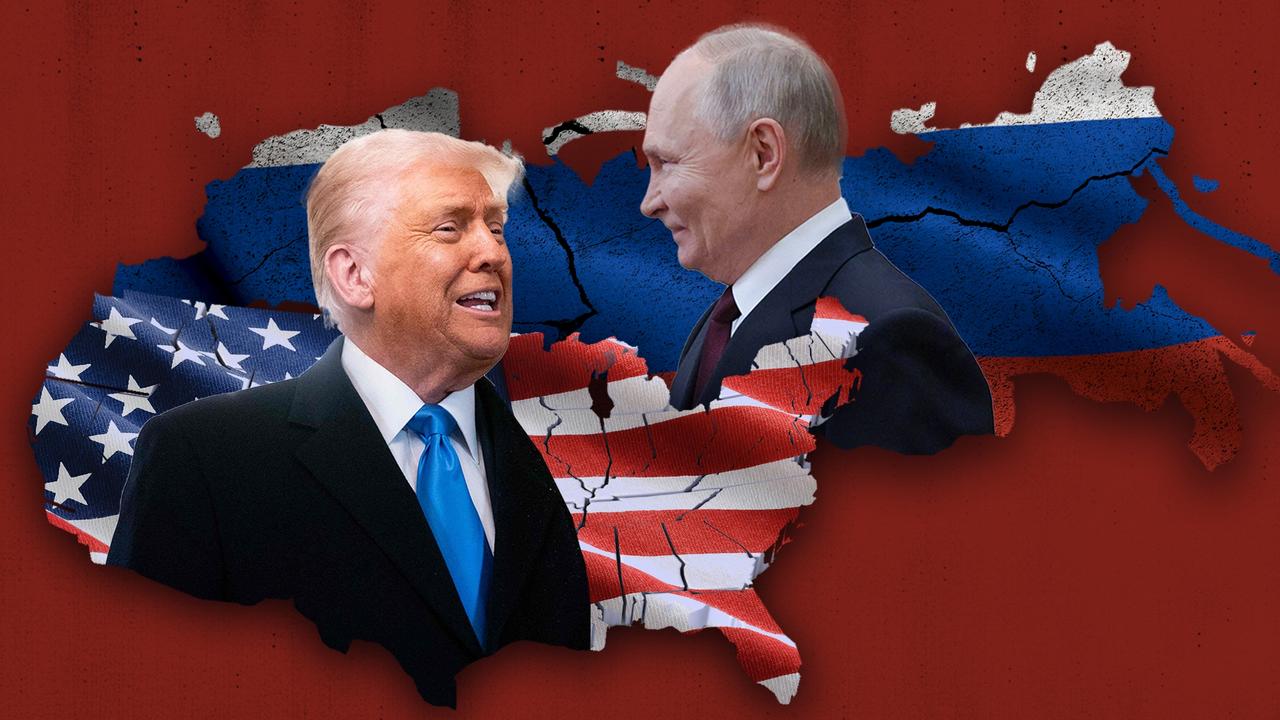How China spies ‘signed up Bob Hawke’
Bob Hawke was unwittingly used by the Chinese Communist Party to help rehabilitate the country’s image after the 1989 Tiananmen massacre.
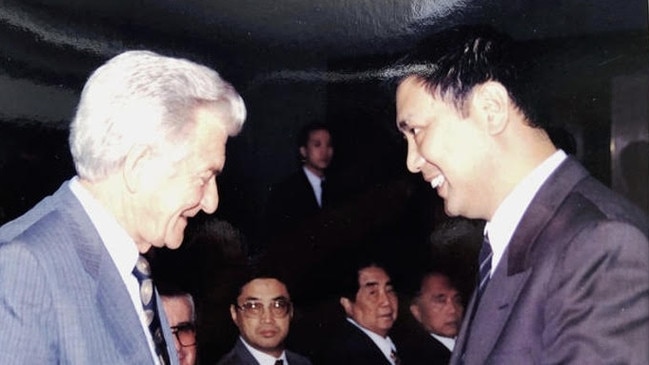
Bob Hawke was unwittingly used by the Chinese Communist Party’s intelligence arm, becoming involved with a spy agency front that used foreign elites to help rehabilitate the country’s image after the 1989 Tiananmen massacre, a new book reveals.
China analyst Alex Joske reveals details of the former prime minister’s extensive business dealings in China, which were enabled by key Ministry of State Security officials. His book, Spies and lies: How China’s greatest covert operations fooled the world, recounts Hawke’s return to China in 1993 hosted by CCP think tank the China Institute of Strategy and Management.
The former prime minister became the institute’s first foreign adviser and was appointed chairman of its commercial arm, just four years after he shed tears for the victims of the Tiananmen massacre and opened the door to 42,000 Chinese asylum-seekers. “Hawke almost certainly didn’t recognise that his well-connected friends at CISM were in fact deeply involved with the intelligence community,” Joske writes. “China’s post-Tiananmen embrace of world leaders such as Hawke was a professional influence operation.”
One of the institute’s senior advisers was undercover official Yu Enguang – real name Yu Fang – who was in charge of MSS efforts to manipulate foreign elites, Joske writes. Another, Qin Chuan, was chairman of MSS front China International Culture Publishing Company, which was used to provide cover for operations in the US, Singapore, Hong Kong and Japan.
Institute general secretary Qin Chaoying was also closely tied to the party’s intelligence apparatus, Joske writes, and was later appointed to MSS Social Investigation Bureau’s China Reform Forum front group.
“By befriending Hawke, CISM had now added an operational side to its history of intelligence analysis,” the book says.
It describes Hawke as one of the institute’s many targets.
Through its business arm, the Hawke-chaired Lanmo Strategic Investment Advisory, the institute sought to commercialise its elite connections.
“The company’s aim was to market Hawke and (CISM secretary-general) Qin’s door-opening abilities to foreign companies hoping to make deals in China and assist Chinese companies going abroad,” Joske writes.
Hawke also signed up as an adviser to entrepreneur Jiang Xiaosong’s Bo’ao Forum initiative, lending his influence to what is now “among the most important channels for CCP elite influence”.
Hawke travelled to China more than 100 times on business trips after retiring from politics. He gave only scant details during his life of his commercial interests in the country, and the source of his personal wealth was largely a mystery.
Joske, a senior analyst at the Australian Strategic Policy Institute and risk adviser at McGrathNicol, says Hawke believed he was influencing China through his high-level contacts, but he placed Australian diplomats in Beijing in a difficult position.
“(They were) obliged to welcome the former leader to Beijing and help set up meetings when asked but concerned by the company he kept,” he writes.
The institute acted as a “cut out” for the party’s leaders in inviting Hawke back to China, Joske writes.
He says it is “doubtful Hawke fully understood his Chinese partner’s agenda”, believing they were “just doing business”.
“Chinese intelligence officers like Yu Enguang would never have attempted to recruit Hawke as an agent. There simply wasn’t any point.
“Instead, Hawke’s value was that he sold China to the rest of the world, reframed Australia’s image of the nation after the Tiananmen massacre, and gifted his reputation to influence vehicles like the Bo’ao Forum.
“He was personally taking part in the story of China’s incredible economic rise with his consultancy. Through the fruits of his ‘marvellous’ return to China, he helped craft an image of a modernising and liberalising China.”


